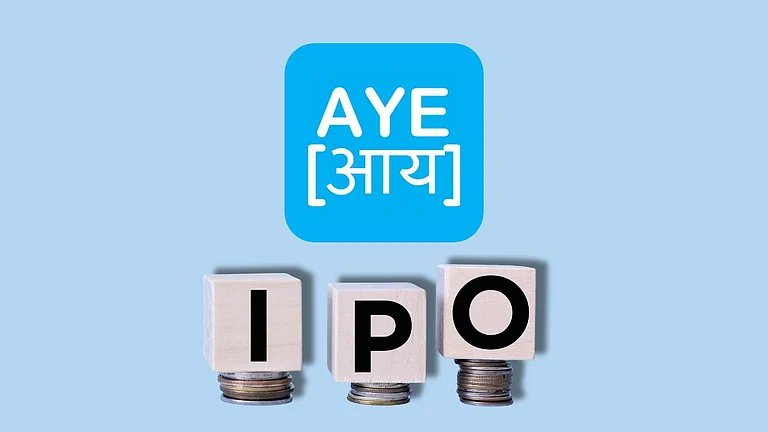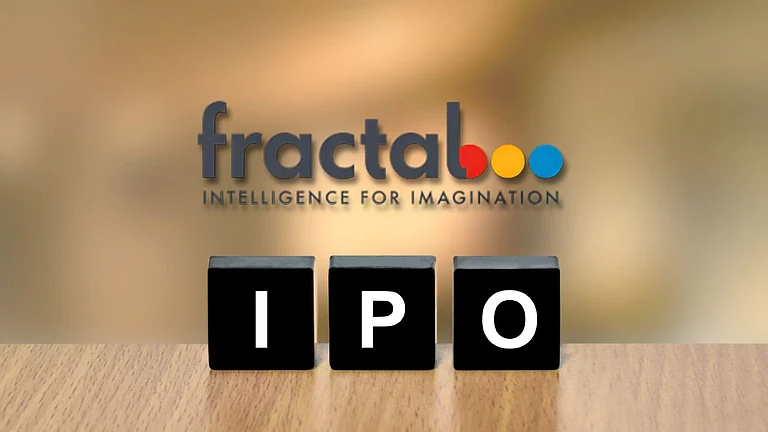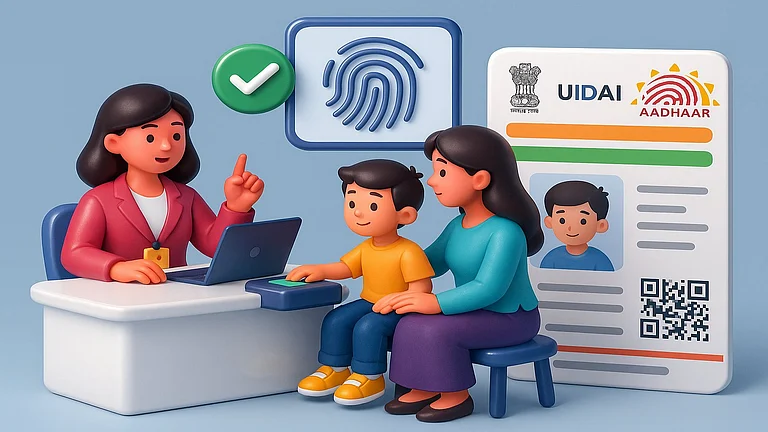We live in a time when we want instant gratification, and we do not mind getting into debt as long as we get what we want. But, while credit cards have fulfilled our needs, with the bait of a free interest period, buy now pay later has become popular in recent times. Our desire for instant gratification has given rise to other similar financial products like travel now, pay later, and more recently, marry now, pay later.
“The previous generation used to save money for a whole lifetime to get their children married off. Nowadays, kids want to get married in their own way and are willing to foot the bill themselves. Therefore, in a way, these schemes are a blessing that helps our young generation to assert their independence,” says Chenthil Iyer, founder and chief strategist, Horus Financial Consultants.
Avoid Marry Now, Pay Later Schemes: Essentially these schemes, whatever name they are called, are nothing but a loan. Let us say you are taking a Rs 15 lakh loan to get married at 12 per cent interest. If the loan has a three-year tenure, you have to pay Rs 49,821 per month over the three years to pay off the loan.
Couples may already be under the pressure of education loans, so if availed, this scheme adds to their overall liability. "The increasing divorce rate these days also adds to the woes of the newly married who may have to keep paying the EMIs of a failed marriage for a couple of years or even more. Overall, it doesn't look like a great idea, and one should only spend what they have on an event such as marriage," says Iyer.
He says that it also makes little sense financially because, being an unsecured loan, the interest rates may be very high. Thankfully the tenure of such schemes is small, say about two-three years at the most, and hence the effect of high interest may not be felt.
Ananth Ladha, the founder of Invest Aaj For Kal, a financial advisory firm, agrees: "I feel when you get married, you are starting a new life, and starting a new life with a financial obligation is obviously not suggestive."
Keep In Mind: However, in case you still need to opt for such a scheme, Ladha says that the total equated monthly instalment (EMI) for the loan should in no case be more than 10 per cent of your monthly income. Also, the interest rate should be at most 13 per cent because, in some cases, it even goes up to 20 per cent, which is again absurd.
Also, make sure it's not a large sum that would dent your finances in a big way. "They should know that a home loan and car loan may be just around the corner too, which is indeed an integral part of today's standards. They should also make sure they don't go for another loan until the marriage loan is paid off," says Iyer.














